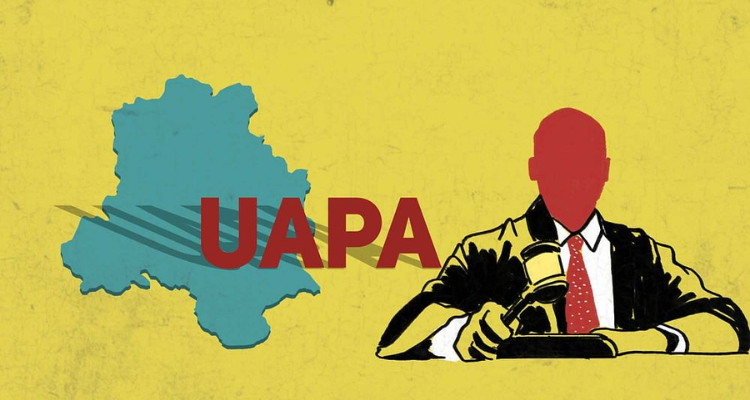
In the recent case of Ammar Abdul Rahiman v National Investigation Agency, the Delhi High Court made a significant statement regarding the interpretation of the Unlawful Activities Prevention Act (UAPA). The Court highlighted that possessing materials such as photos of Osama bin Laden or ISIS flags, or accessing lectures of hardline Muslim preachers, does not automatically constitute a crime under the UAPA. The Court clarified that mere possession of such material does not establish membership in a terrorist organization or prove engagement in its activities.
Here is what happened:
1. In today’s digital age, accessing incriminating material, even related to organizations like ISIS, is easy due to its availability on the internet.
2. Simply downloading such content doesn’t imply association with the group.
3. While it may offer some insight into someone’s mindset, it’s not inherently criminal.
4. However, when considering laws that restrict liberty and make bail difficult, the prosecution must provide substantial evidence beyond just accessing such material.
5. The court observed no evidence suggesting that Rahiman shared downloaded material or posted it publicly.
6. Thus, it’s challenging to conclude Rahiman had any association with a terrorist organization or was supporting one.
7. The judgment granted bail to Rahiman amidst charges under Sections 38 and 39 of the UAPA and IPC offenses.
8. The allegation against Rahiman was communicating with radicals and planning to join ISIS-controlled territory.
9. The Court deemed the application of Sections 38 and 39 of the UAPA against Rahiman as “erroneous and misplaced.”
10. Rahiman’s radical beliefs don’t necessarily equate to direct association with the group or furthering its agenda.
Read More: Supreme Court, Delhi High Court, States High Court, Other Courts, International




